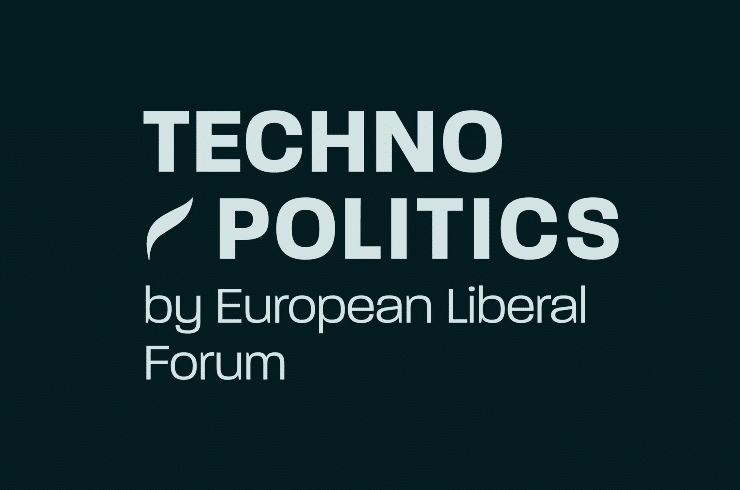03 May 2023 | 2:00 pm - 3:00 pm (EST)
Shaw Centre - Breakout Room 213, Ottawa, Canada
Panel discussion in the scope of LI Congress

Once more, Europe and its allies in the West find themselves in an era of balancing power. While the underlying dynamics remain consistent, the balance of power matrix has become more intricate. A key factor contributing to this complexity is the evolving role of technology.
Rapid technological advancements and digitalisation have intensified mutual dependencies and fostered the growth of an interconnected global economy with leading players and emerging challengers. As the digital landscape continues to evolve, the international community must navigate the increasing complexity of this new age of power balancing.
Nations worldwide are working to create and implement digital strategies that align with their values and goals. While Europe, the United States, and other like-minded partners prioritise a human-centred approach to technological development, their competitors follow alternative paths. For liberal democracies, this means championing privacy, human rights, and democratic principles, while for others, it involves leveraging technology to strengthen surveillance, controlling information, and authoritarianism. This divergence in approaches has given rise to the creation of blocks, with many, yet invisible, Iron Curtains spreading all over cyberspace, ultimately leading to a “clash of digitalisation”.
The question, “A Clash of Digitalisations: Is Technology Dismantling Democracy?” raises critical concerns about the role of technology in today’s world. Technology undeniably simplifies everyday lives for many, however, its impact on the delicate balance between civil society and politics is increasingly worrisome. The rapid fraying of the threads that bind the social fabric together, driven by the pervasive influence of technology, necessitates a deeper examination of the future of democracy and the implications of technological advancements on global power dynamics. As nations continue to navigate the complexities of the digital age, it is crucial to consider how technology may either strengthen or undermine the most relevant of our critical infrastructures: our democratic values and institutions. Employing a liberal compass appears to be the most effective approach for navigating these turbulent waters.
Welcoming remarks by Miłosz Hodun, Board Member, European Liberal Forum
Speakers:
Moderated by Francesco Cappelletti, Senior Policy and Research Officer, European Liberal Forum
–